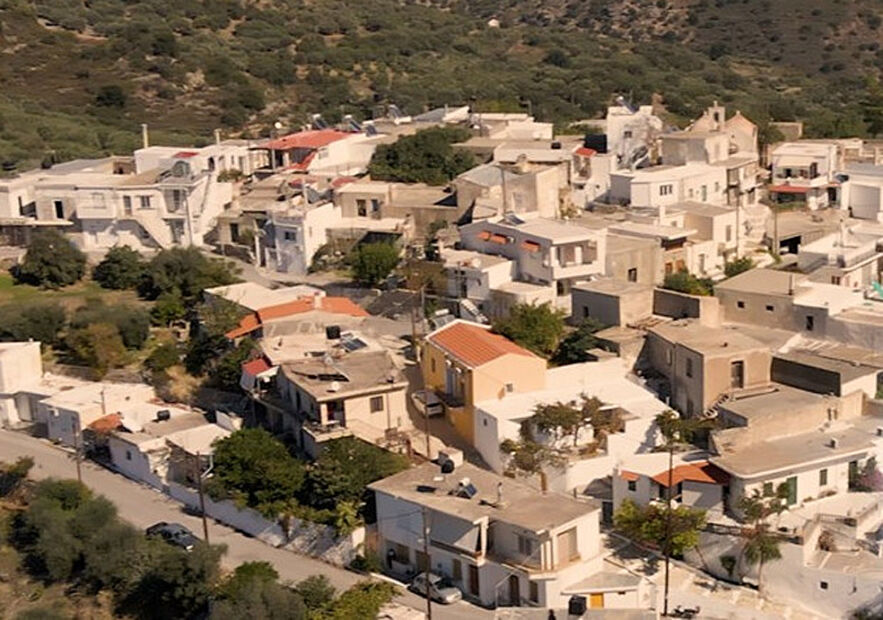Vodafone provides telemedicine to remote areas of Greece
- November 7, 2022
- Steve Rogerson

Vodafone is implementing a telemedicine programme to provide primary health services to residents of remote areas of Greece.
This started last month in Lasithi, where, in collaboration with Sitia Hospital, it offered free preventive check-ups to citizens who do not have immediate access to medical examinations.
The Sitia Hospital organised and implemented the action within Vodafone’s telemedicine programme in the village of Sfaka, part of the municipality of Sitia, for the residents of the local community, in collaboration with the Community & Cultural Association of Sfaka.
With the aim of prevention and health promotion, the residents of Sfaka underwent a series of basic diagnostic tests by the medical and nursing staff of Sitia Hospital.
This action is seen as a practical example of the effectiveness of the telemedicine programme as it enabled the medical staff, using the programme’s portable equipment, to offer the residents of the area a free preventive check-up that included a cardiogram, spirometry, glucose measurement, blood pressure measurement, total blood pressure measurement, and cholesterol and triglycerides check.
“At the Vodafone Foundation, we are very happy that through the telemedicine programme we are next to residents of remote areas, offering them access to primary health services without the need for them to travel unnecessarily,” said Alexandra Papanikolaou, head of the Vodafone Foundation. “Staying true to our commitment to supporting local communities, we are stepping up this year with the introduction of new gynaecological and paediatric screening, so we can continue to create a better future for all of us.”
This year the Vodafone Foundation completed twenty years of presence and contribution in Greece, implementing the telemedicine programme in the health sector since 2006. The programme is implemented with help from the Athens Medical Center and is under the auspices of the Ministry of Health and the Ministry of Shipping & Insular Policy, while the company Vidavo is responsible for its technical implementation. The Ministry of Health & Welfare also participates in the programme, which, to date, has provided more than 60,000 basic medical examinations to residents of remote areas.





